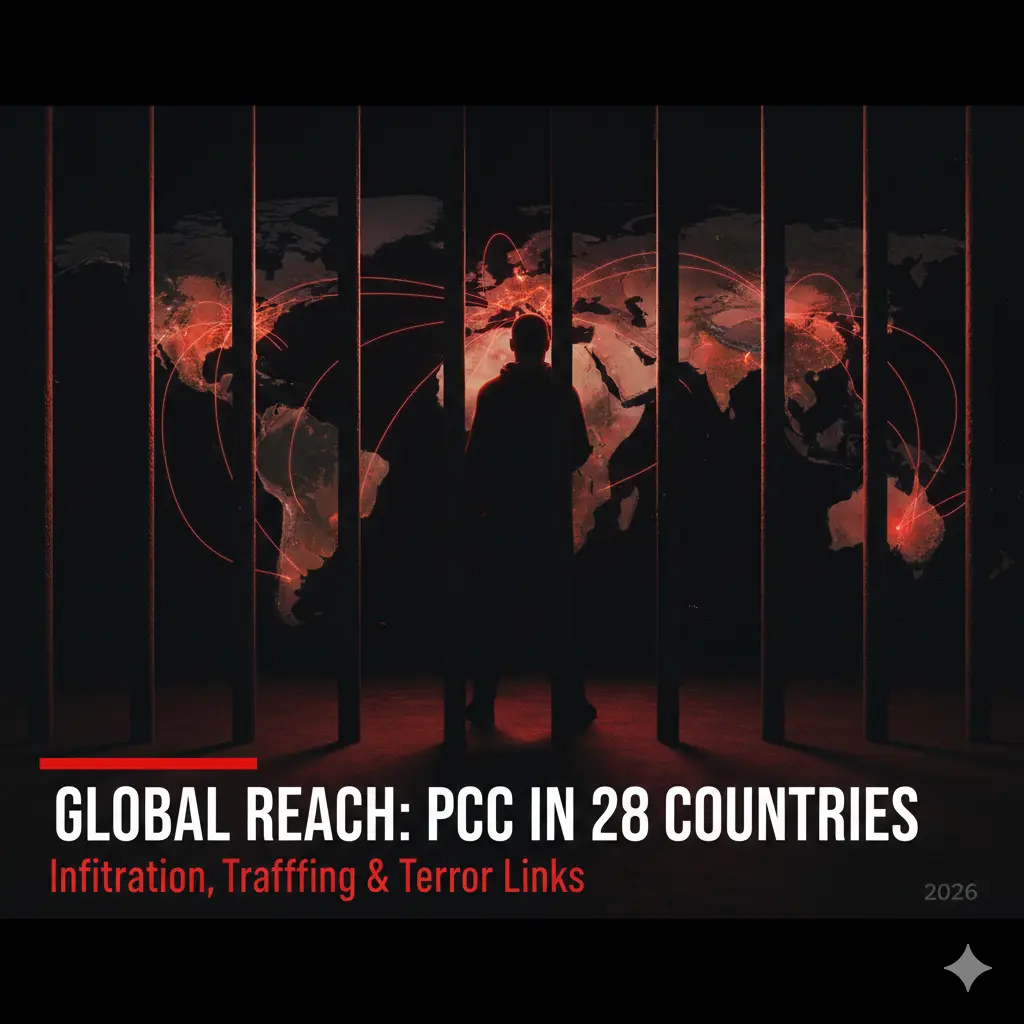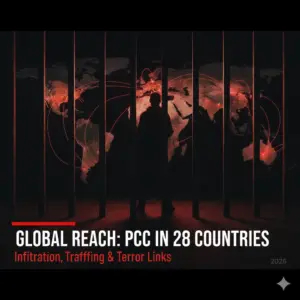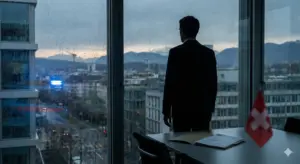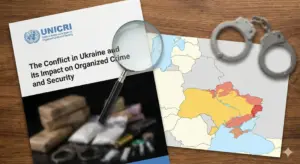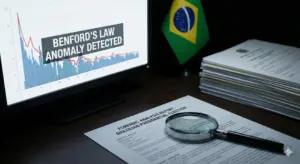Mapping shows that criminal factions have established themselves on at least four continents to commit transnational crimes, such as money laundering, drug trafficking and terrorist financing. The report has been presented to embassies and consulted abroad for international cooperation in combating transnational crimes.
In addition to the expansion into different territories, what has caught the attention of Brazilian and foreign authorities and investigators is the fact that PCC members have sought out other countries not only for temporary trips, but also as a permanent residence and to infiltrate prisons, a kind of “trademark” of the São Paulo criminal faction.
“The greatest danger of the PCC is its prison origins, where they have organizational power and ideology, a very rigid discipline that spreads very easily in the prison system. This is the greatest danger for European countries from the presence of the PCC, but they are also learning from the Europeans, especially the Italians: in the distribution of drugs, in sending money without it circulating in formal terms”, says the prosecutor of the Public Ministry of the State of São Paulo-Brazil, Lincoln Gakiya.
The international criminal organization PCC is active with branches in 28 countries.
source Public Ministry of the State of São Paulo.
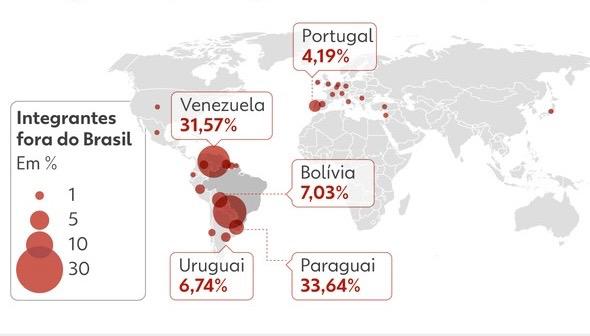
The continents and countries where the PCC is installed:
Germany
Argentina
Belgium
Bolivia
Chile
Colombia
Ecuador
Spain
United States
France
French Guiana
Guyana
Netherlands
England
Ireland
Italy
Japan
Lebanon
Mexico
Paraguay
Peru
Portugal
Serbia
Switzerland
Suriname
Turkey
Uruguay
Venezuela
Distribution around the world
The majority of PCC members abroad are still concentrated in Latin America and South America. The countries with the largest number of faction members are Paraguay, Venezuela, Bolivia and Uruguay, and they are considered important territories for the expansion of drug and arms trafficking, since they share a long border with Brazil and are also producers of the main export product to Europe: cocaine (see map above).
The mapping and confirmation of the PCC’s longer-lasting presence in neighboring countries is old. Infiltration of prisons in Paraguay, for example, has already resulted in violent power struggles in the prisons.
“They did this in Paraguay, and then they end up suffocating the local factions. Then they are released or have accomplices who are free, and they baptize the nationals of that country. This happened in Paraguay, it is happening today in Argentina, in Chile and it will certainly happen in Europe, especially in Portugal, where there are already members of the PCC in prison and there are also Portuguese people who have been baptized,” explains prosecutor Lincoln Gakiya.
“They are reproducing the same sectors that they have here in Brazil. So they have a sector dedicated to drug trafficking, which they call “progress”, there is a financial sector, there is a sector that only takes care of the prison system, which they call system coordination. So this makes me believe that the presence of these criminals on European soil is no longer just a support for the logistics of international drug trafficking, but rather a presence and a desire to put down roots on that continent as well. Perhaps, in the future, they will be able to do without the criminal organizations in Europe, especially the mafias, which have a drug distribution logistics on the European continent,” he explained.
Portugal as a gateway and permanent residence
Portugal has around 10 million inhabitants and a very strong historical connection with Brazil. The few language barriers and the massive presence of Brazilians living in that country are cited as some of the main reasons why the PCC decided to invest in permanent residence for important drug traffickers linked to the faction and infiltrate prisons for recruitment.
Portugal ranks 5th on the list of countries with the largest number of members of the criminal group and is the main country in Europe in terms of the presence of the faction.
This has been reflected in arrests, drug seizures and investigations into the PCC by the Portuguese authorities. In recent years, local police have confirmed that they have arrested members of the faction trying to transport cocaine in submarines and other vessels adapted by organized crime to cross the Atlantic Ocean to Europe.
In March, a vessel carrying around 6.5 tonnes of cocaine, for example, was seized on the high seas off the coast of Portugal following a joint operation between Portuguese and Spanish authorities. The five crew members were arrested, three of whom were from Pará.
Switzerland is an example of well-planned and qualified public security to face the fight against transnational organized crime. In recent years, it has been surprised by international cybercrime, as well as common crimes such as robberies of armored trucks, explosions in banks and in cities in the interior, as well as 500 kilos (half a ton) of cocaine discovered in Romont (FR) Switzerland at Nespresso, the route of coffee containers, after their shipment to Brazil from the port of Santos, which is typical of the PCC’s modus operandi in Brazil.

